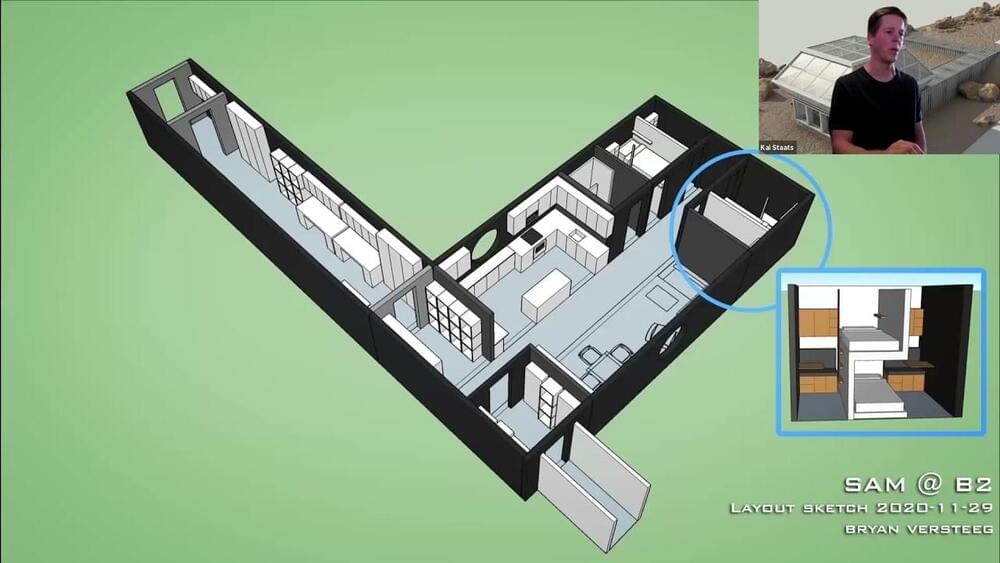Title: A data analysis of the first hermetic seal of SAM–a hi-fidelity, hybrid physicochemical and bioregenerative human habitat analog at the Biosphere 2
Track Code: AM-8
Abstract:
SAM is a Space Analog for the Moon and Mars. This hi-fidelity, hermetically sealed habitat analog and research center is composed of a living quarters for four crew, workshop, dual airlocks, and greenhouse with temperature, humidity, and carbon dioxide level controls. SAM incorporates a half acre indoor/outdoor Mars yard with scaled crater, synthetic lava tube, and gravity offset rig for use in sealed pressure suits. SAM leverages the world class expertise and facilities at the University of Arizona’s Biosphere 2 and the Controlled Environment Agriculture Center (CEAC). As with other analogs, SAM welcomes research teams from around the world in an effort to inform near-future, long-duration human habitation of the Moon and Mars. With the close of June 2,021 a six months refurbishing of the 1987 prototype for the Biosphere 2 Test Module was completed. A crew of five were sealed inside for four hours. This was the first hermetic seal of this iconic vessel in three decades. The paper summarizes the data and findings pertaining to this closure, with review of the internal atmospheric pressure, CO2, O2, humidity and temperature data, including the effect of activation of a CO2 scrubber built by Paragon SDC for NASA.
From the 24th Annual International Mars Society Convention, held as a Virtual Convention worldwide on the Internet from October 14–17, 2021. The four-day International Mars Society Convention, held every year since 1,998 brings together leading scientists, engineers, aerospace industry representatives, government policymakers and journalists to talk about the latest scientific discoveries, technological advances and political-economic developments that could help pave the way for a human mission to the planet Mars.
Conference Papers and some presentations will be available on www.MarsPapers.org.
For more information on the Mars Society, visit our website at www.MarsSociety.org.
